Why recent failures are a wake-up call for consumers, agents, and brokerages to demand higher standards.
In recent months, a few situations have reminded Canadians how fragile trust in real estate can be. In one instance, a large brokerage closed suddenly after serious issues were discovered in the handling of client deposits. In another, allegations of financial misconduct by a licensed professional raised questions about how problems could go unnoticed inside a long-established office.
These examples are reminders that when oversight or culture falls short, the effects reach far beyond a single transaction. Clients begin to question whether their investments are safe, and professionals across the industry are left to defend the reputation of the profession as a whole.
What Went Wrong
Oversight in real estate is meant to serve two purposes: to protect consumers and to hold professionals accountable. Yet when financial controls are weak or regulators are slow to act, the system fails on both counts. In recent cases, serious problems went undetected until they had already caused significant harm, raising doubts about how closely trust accounts are monitored and how quickly red flags are investigated.
Regulation, on its own, is not enough. Rules and policies only matter if they are enforced with consistency and urgency. Too often, the focus falls on minor technicalities while larger risks go unchecked. When that happens, clients are left vulnerable, and agents who are doing their jobs with integrity find their reputations undermined by the failures of others.
These lapses are not just administrative shortcomings. They weaken the bond of trust that real estate depends on, and they point to the need for stronger oversight combined with a culture that demands higher standards every day.
Trust as the Cornerstone
Buying or selling a home is one of the most important decisions of a lifetime. It depends entirely on trust. Clients must know that their Realtor is acting with integrity, just as Realtors expect honesty from their clients.
Consumers should demand financial accountability. In most provinces, deposits are held in a brokerage’s trust account. Recent events show why it is fair to ask exactly how those accounts are managed, how often they are reconciled, and what protections exist if funds are misused. A reputable brokerage will have a clear answer and will not hesitate to share it.
Professionalism is equally important. Clients should expect their Realtor to act with honesty and fairness, to disclose conflicts, and to put the client’s interests first. If something feels wrong, consumers are right to walk away.
Finally, consumers must look beyond the individual agent to the company behind them. A strong agent in a weak system can still end up caught in disaster. Research the brokerage name on the contract. Ask about its training, compliance, and track record. The right brokerage sets the tone for ethical conduct.
What Agents Should Prioritize
It’s not only consumers who are re-evaluating their choices. Real estate agents themselves have been given much to think about. For many, the sudden closure of a brokerage can be career-altering, leaving agents to scramble to find new homes for their businesses overnight, all while reassuring clients that those clients’ deposits and deals were still safe. The lesson is painfully clear: an agent’s choice of brokerage can either underpin their success or undermine it catastrophically.
Choosing a brokerage based on splits or low fees alone is a short-sighted decision. A rock bottom desk fee means little if the firm cannot protect your clients or your own livelihood.
Agents should ask harder questions. Does the brokerage have strong oversight of trust accounts? How does it respond to misconduct? What kind of mentorship and training does it provide? What is the broker-owner’s reputation in the community?
Culture is critical. A brokerage should promote integrity, discipline those who fall short, and support agents who choose to do the right thing even when it is hard. It should also be prepared for a crisis. When challenges arise, the response must be swift and principled. Clients and agents alike need to see that integrity matters more than convenience, and that the organization will always put trust and accountability ahead of affiliation.
At the end of the day, every Realtor’s career depends on public trust. By choosing brokerages that prioritize ethics and accountability, agents protect their clients and themselves while strengthening the industry’s collective reputation.
The Brokerage Burden
These situations also shine a spotlight on the responsibility of brokerages. Real estate brokerages are more than just administrative hubs; they are the first line of defence for consumer protection. A brokerage accepts deposit cheques, holds them in trust, supervises transactions, and mentors agents on proper practices. When a brokerage fails at these duties, whether through negligence or malfeasance, the consequences can be devastating, as we’ve seen. That’s why broker-owners must view integrity and transparency not as abstract ideals, but as daily operational imperatives.
Proactive oversight is the starting point. Brokerages should conduct frequent reconciliations of trust accounts and invite third-party review. Some in the industry have called for monthly reporting and mandatory external audits. Brokerages that value transparency will welcome these measures.
Equally important is setting a culture of ethics. Leaders must encourage staff to speak up, protect those who do, and take decisive action when misconduct is uncovered. Trust grows when everyone in the organization knows that integrity is non-negotiable.
A Call to Higher Standards
There is an opportunity when such situations happen. Trust, once broken, can be rebuilt, but it demands action from every part of the profession. Regulators must enforce the rules with speed and strength. Industry associations must continue pressing for consumer protections. Brokerages must go beyond the minimum standard to ensure deposits and deals are safe. Agents must align themselves with firms that share their values. Consumers must keep asking smart questions and expect clear answers.
Most Realtors are already living up to that standard. They are honest, hardworking, and as frustrated as the public when scandals make headlines. Each time an agent goes the extra mile for a client, or a brokerage chooses transparency over convenience, trust is restored a little more.
This is a pivotal moment. We can allow these failures to define us, or we can use them to demand better of ourselves. The choice is ours. Agents must demand higher standards. Clients deserve them. And the future of Canadian real estate depends on them.
Rob Goodings is Vice President of Account Management at Coldwell Banker Canada, where he guides franchise development and helps grow the brand’s presence in new markets. Since joining the company in 2005, he has built a career that spans marketing, learning, and affiliate services, giving him both a deep knowledge of the business and close connections across the network. Rob’s focus is on supporting broker-owners, strengthening relationships, and ensuring the Coldwell Banker brand continues to deliver long-term value across Canada.


 Facebook
Facebook
 X
X
 Pinterest
Pinterest
 Copy Link
Copy Link

